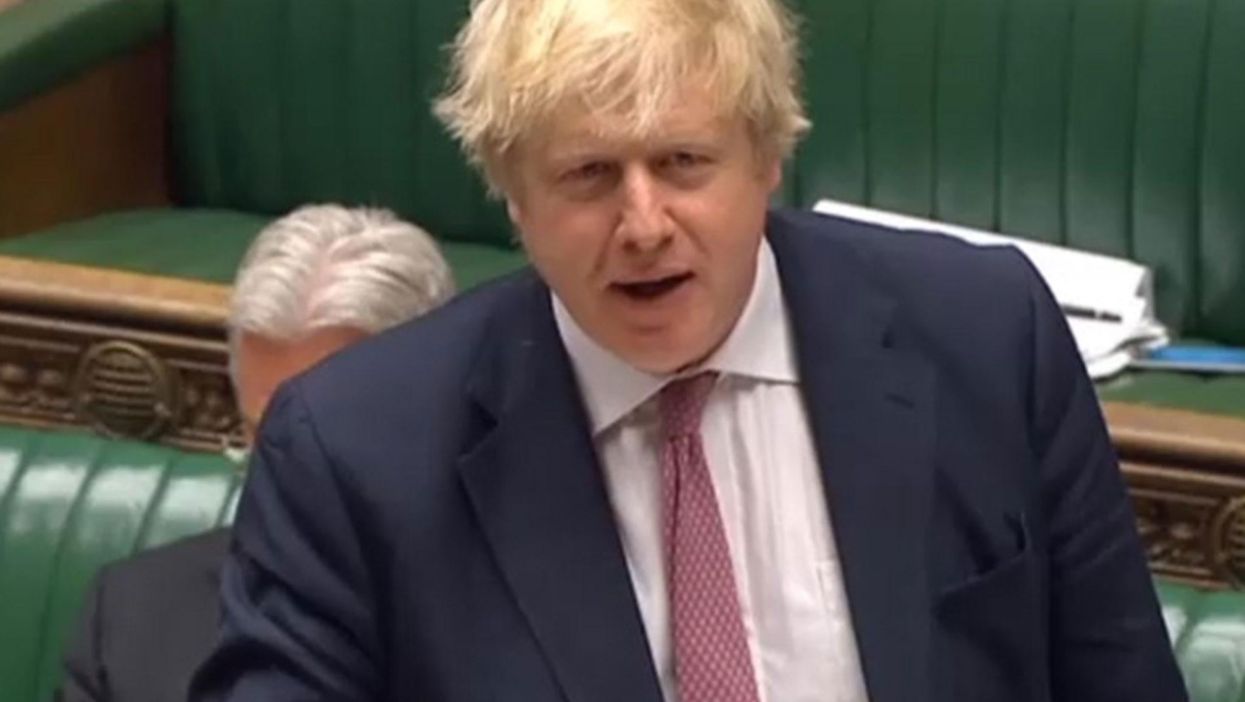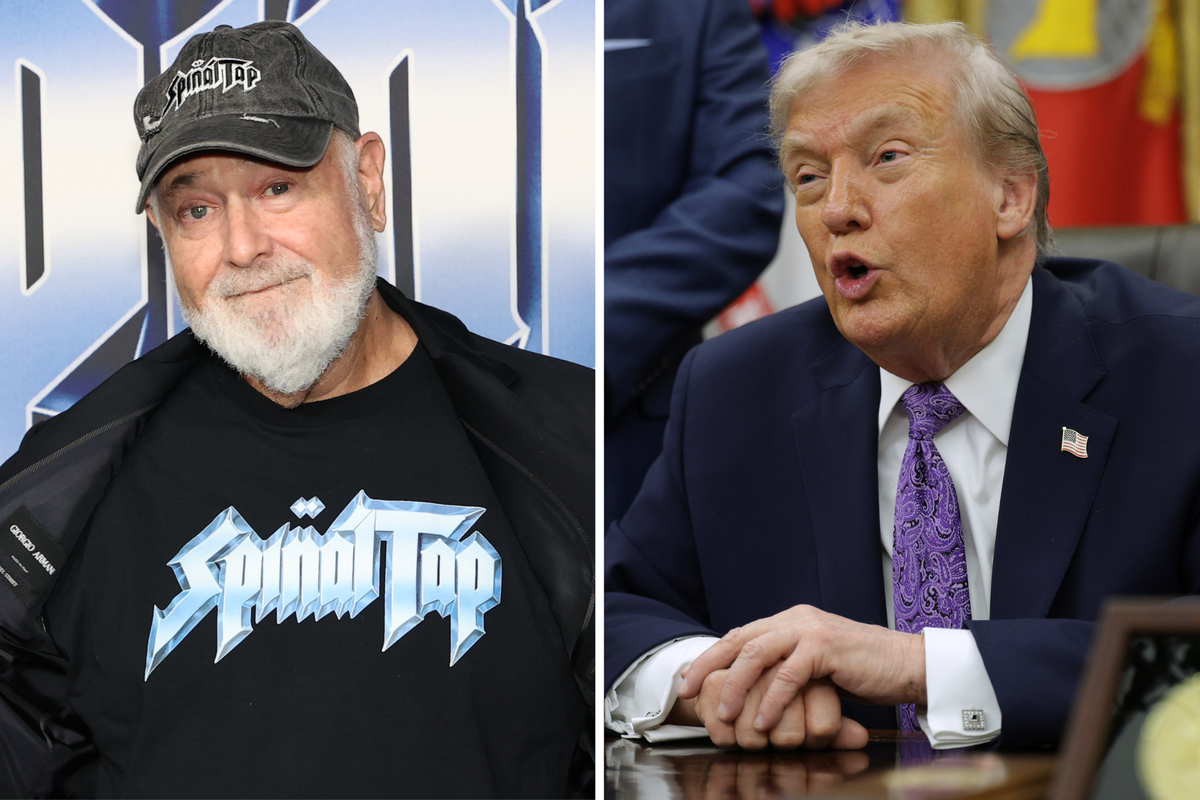Celebrities
Mimi Launder
Mar 28, 2018
Boris Johnson was branded "sexist" by House of Commons speaker John Bercow after he called shadow foreign secretary Emily Thornberry by her husband's name.
The Foreign Secretary referred to Thornberry as "Lady Nugee", a reference to her marriage to High Court Judge Sir Christopher Nugee.
Though she holds the title due to her husband being a Sir, she chooses to use her maiden name – and her critics often mock the Islington South MP by referring to her by her formal title.
Bercow vigorously admonished Johnson for his comment, saying:
We don't name call in this chamber. We do not address people by the title of their spouses.
To applause from the Labour benches, he continued:
The shadow foreign secretary has her name - and it's not Lady something. It is in appropriate and frankly sexist to speak in those terms and I'm not having it in this chamber.
No matter how senior a member, that parlance is not legitimate and it will not be allowed.
Johnson apologised "for any inadvertent sexism or discourtesy that you may have deemed me guilty of".
While Nigel Farage branded Bercow's response as "over the top" and dismissed it as "virtue signalling", others have slammed Johnson as sexist and praised Bercow for his response.
Why do people think Boris Johnson's comment was sexist?
The vast majority of women still take their husband's name, though alternatives are growing foothold, according to YouGov research.
Yet tradition of women taking their husband's name has been under increasingly fervent debate in recent decades: for many women, losing their name makes them first and foremost a wife, while their husband remains himself.
Most feminists maintain that protecting whatever women happen to choose – whether that's sticking to her own surname or taking her husband's – should be the priority, as is honouring that choice.
Carys Afoko, executive director at feminist organisation Level Up, echoed this viewpoint in a conversation with indy100:
Boris Johnson is not just sexist, he's rude. Calling someone by their chosen name is basic politeness, which is the least we should expect from our foreign secretary.
In modern Britain, some of us change our names when we marry and some of us don't. Emily Thornberry chose not to take her husband's name when she married.
Boris Johnson and Theresa May expect us to call them by their chosen names, they should extend the same courtesy to others. Things like this that make most of us feel like Westminster is out of touch with the rest of the UK.
Liv Woodward, deputy editor at feminist lifestyle magazine The Nopebook, will take her husband's name when she gets married as she "doesn't really have a strong attachment to my surname", but understands why some people do. She added:
I don't understand why we're still having to have a conversation around this. If a person wants to take their partner's name when they get married, cool. If not, also cool.
Theresa May has made an identical faux pas, calling Thornberry 'Lady Nugee' earlier this year.
Rather than Bercow calling out the Prime Minister publicly in the House of Commons, Thornberry took the issue to him later, complaining:
Is it in order for the prime minister to refer to a member of this House not by her own name, but by the name of her husband?
I have never been a Lady and it will be a great deal more than being married to a Knight of the Realm in order to make me one.
May said she would "of course apologise" to Thornberry.
No assumption can be made about Bercow's contrasting responses. But it does raise the question: can women can be sexist and, if so, should their sexism be treated any differently?
Woodward finds sexist comments from women "more frustrating as a feminist because there's always a part of me that secretly expects women to be 'better' than that". She continued:
But internalised misogyny can be super strong, it's ingrained in us literally from day one.
More: Boris Johnson went jogging with the editor of The Sun and his bodyguard decked it
Top 100
The Conversation (0)














